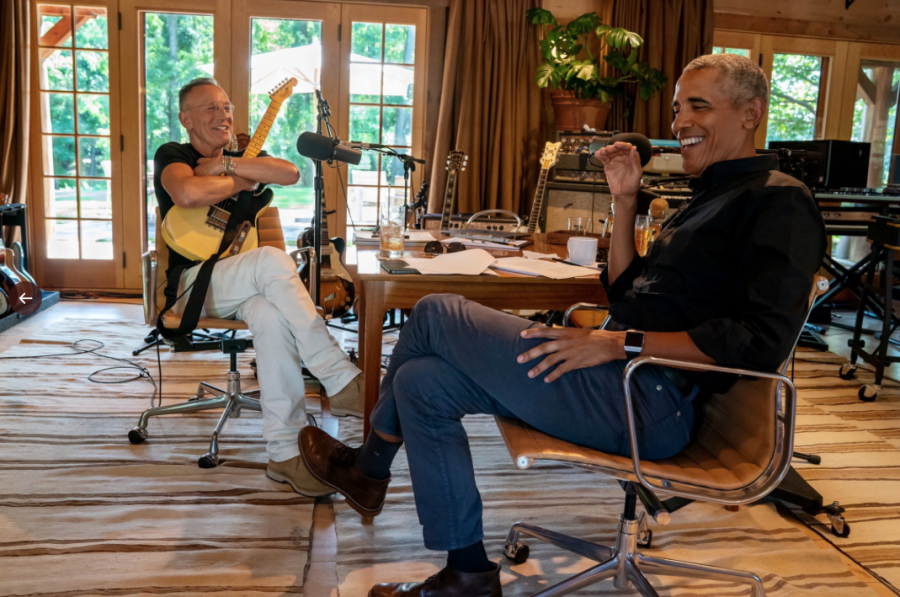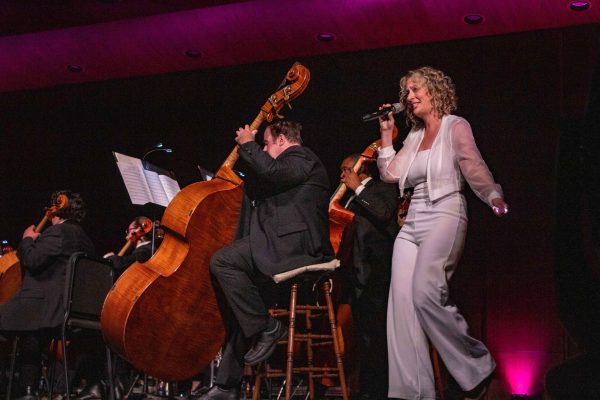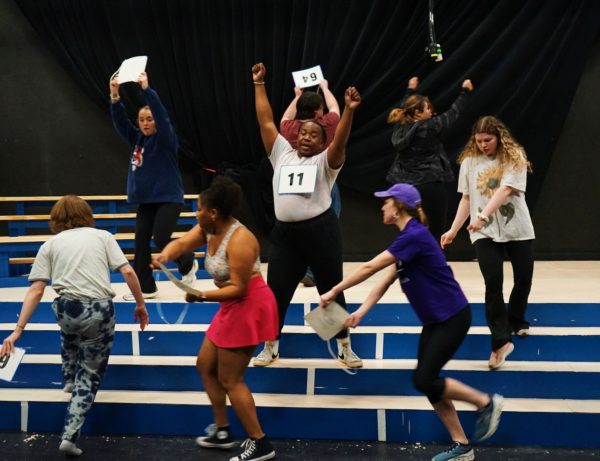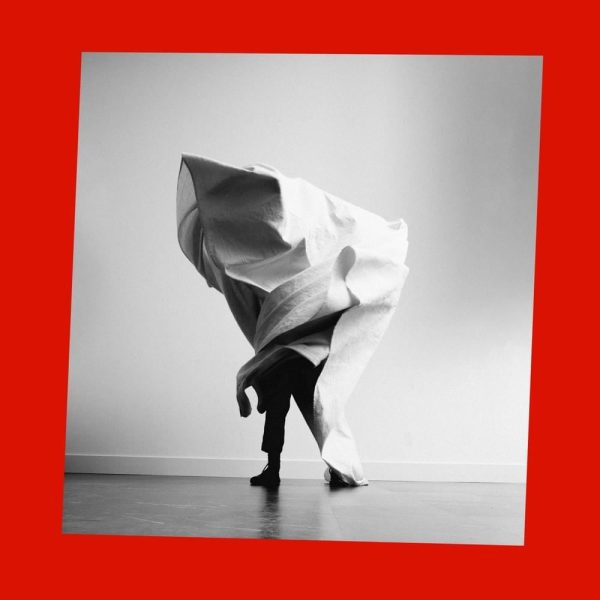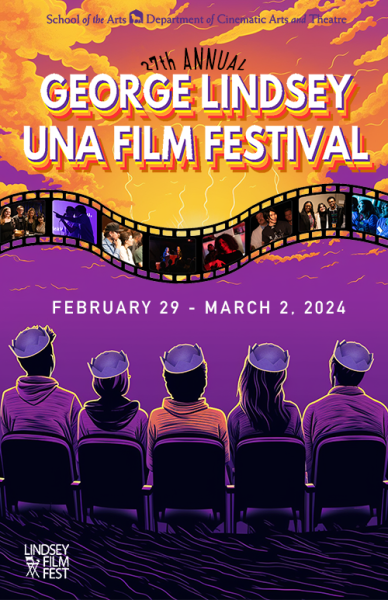A renegade’s vision for America
American singer Bruce Springsteen sits down with Former President Barack Obama for his podcast, “Renegades: Born in America.”
March 12, 2021
It is no secret to those who are close to me, or even those who follow me on social media that I love Bruce Springsteen. I first got into “Born in the USA” when I was in the ninth grade. I was obsessed with the emotion in his voice, his storytelling capability and, of course, the picture he paints with his lyrics: one of romantic, American ideals.
When I think of America in music, it sounds a lot like piano chords, a harmonica and the words “Screen door slams. Mary’s dress waves. Like a vision, she dances across the porch as the radio plays.”
Currently, I am listening to former President Barack Obama’s autobiography, “A Promised Land” on Audible. The audiobook, narrated by Obama himself, is over 30 hours long, so it is a lengthy project, and given the serious subject matter, I take it in small doses.
Within the last six months, since finding a beat up copy of “Born to Run” at a record shop in Fairhope, Ala. and making it my go-to album, I have delved even farther into the Springsteen catalogue, listening to many of his deeper cuts. He even released a new album, “Letter to You,” in Oct. 2020.
In the middle of my separate fascinations with both of these American figures, I one day received an advertisement on Spotify for a podcast called “Renegades: Born in the USA,” by none other than President Obama and Bruce Springsteen. I was overjoyed. It was as if they had made it just for me.
As they introduce in the first episode, their podcast is to be about the forever-coveted concept of the “American dream,” or an idealistic life in the United States and how this visualization blends with and affects current world problems and events. They tell the tale of their “Unlikely Friendship,” and early on begin to touch on the concepts of systemic racism in the United States.
The second episode, “American Skin,” takes this conversation to a new level. Both Obama and Springsteen share how race has impacted their lives and careers in law, politics and rock and roll music.
Because of Springsteen’s persona in his music, some might assume that he would not be the most progressive rockstar, but this is the complete opposite of who he is and has always been, even while being a teenager in the midst of the Civil Rights Movement. I gained mad respect for him after listening to this episode.
Springsteen honors his late bandmate and best friend, Clarence Clemons, who is known for playing Saxophone in the E Street Band.
“Forty-five years, and the only thing we never kidded ourselves about was that race didn’t matter,” Springsteen recalls as he acknowledges the struggles Clemons went through, “I always had to recognize that there was a part of Clarence that I wasn’t ever really going to exactly know.”
In this same episode, an excellent conversation is had about the youth of today expecting more from their country, or simply expecting the country to uphold the values it promises it will.
“I think there’s a little bit of an element of young people saying, ’you’ve told us who we’re supposed to be, that all people were created equal and we treat everybody with respect. You may have been painting a fantasy to make yourself feel better, but we believed it,” Obama states while encouraging youth to participate in non-violent protests.
Towards the end of the episode, Springsteen makes the statement: “what a privilege it is to forget that you live in a particular body.”
In the introduction to “A Promised Land,” Obama says that to him, his vision of America includes the great music that has come from our nation. When I first heard this quote from the book, I thought of Springsteen.
The third episode, entitled “Amazing Grace,” talks about none other than music. Obama is known for the concerts he held at the White House during his presidency and for his playlists that he still releases quarterly.
Springsteen’s musical career is recapped and both hosts recalled the music that they grew up with and have been inspired by as they have grown older.
President Obama expresses that often when words fail, music is the answer.
He recaps an instance that I had never heard of, since I was raised to see this man as a villain. President Obama eulogized the funeral of Reverend Clementa Pinckney, the pastor who was killed in the Charleston Church shooting in 2015. While speaking, the president paused before breaking out in singing the classic hymn, “Amazing Grace.” In this time, music spoke louder than words could. This performance moved me to tears.
Throughout, Springsteen plays exclusive performances of his own songs, as they apply to the subject matter. These uncut performances take place in his home studio, where the podcast is recorded. It also does a great job of incorporating older recordings that are relevant to the storylines and samples of other artist’s work.
There’s no way for me to remove all of my bias towards these two American icons, but I truly believe this podcast to be excellent.
It picks deep at the wounds of America in the honesty that is needed to restore us. The conversations had in these episodes express passing thoughts that I have had, but could never put into words.
Springsteen and Obama’s incredibly different histories and pure friendship make for an interesting experience all around.
“Renegades” will leave its listener proud to have been “Born in the USA” and striving to make it better for all.


